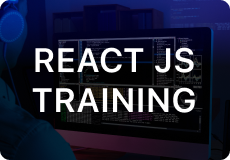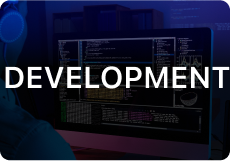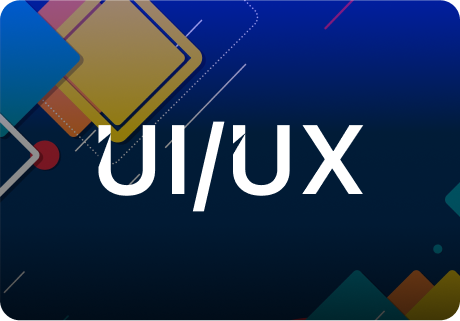Programming
Programming involves writing code to instruct computers to perform tasks, from building websites and apps to automating processes. Key languages like Python, Java, and JavaScript are used to create everything from small applications to large-scale systems. With programming, you can turn ideas into functional software and solve real-world problems.
As businesses increasingly rely on digital solutions, programming is becoming an essential skill across industries like tech, finance, and healthcare. It opens doors to careers in web development, software engineering, and data science, making it a valuable asset in today's job market.

Companies that Trust BTREE Learners
Programming Courses

Career Transition
Other Courses
Testimonials
FAQ 's on Programming
Which Programming Languages Should I Learn First?
If you’re new to programming, it’s important to start with languages that are easy to learn and widely used in the industry. Some of the best programming languages for beginners include:
- Python: Known for its simple and readable syntax, Python is a great first language. It’s widely used in web development, data analysis, artificial intelligence, and more.
- JavaScript: Essential for front-end web development, JavaScript allows you to create interactive websites and is a must-learn for aspiring web developers.
- Java: A versatile, object-oriented language, Java is used for everything from mobile app development (Android) to large-scale enterprise applications.
- HTML/CSS: While technically not programming languages, HTML and CSS are crucial for anyone interested in web development, as they form the foundation of website structure and design.
Starting with these languages will give you a solid foundation, and once you’re comfortable, you can explore more advanced languages like C++ or Ruby based on your interests and career goals.
Is Programming Difficult to Learn for Beginners?
Programming can seem challenging at first, but with the right approach and dedication, it becomes manageable. The difficulty depends on the programming language and the concepts you are learning. Languages like Python and JavaScript are known for their simplicity and are excellent choices for beginners.
Many beginners find that breaking down problems into smaller, manageable tasks helps make programming easier to grasp. There are also a variety of learning resources, such as online tutorials, coding bootcamps, and community forums, that provide support and guidance.
While the learning curve may be steep at times, consistent practice and hands-on experience will help you improve. By starting with beginner-friendly languages and tackling small projects, you can gradually build your programming skills and confidence.

















